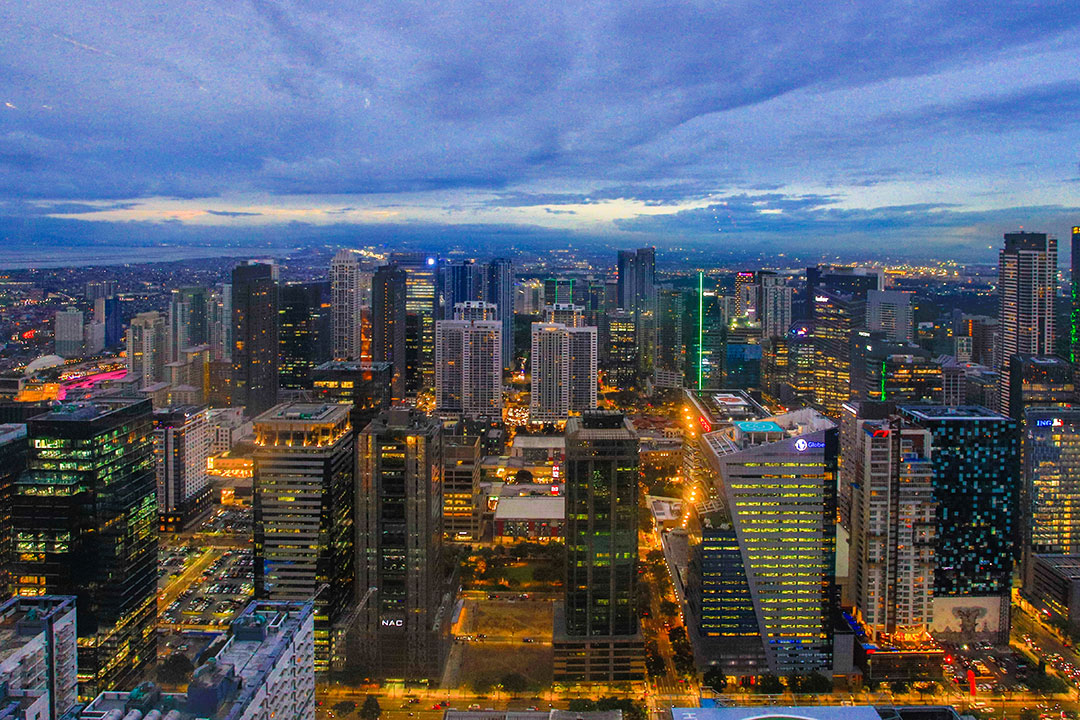
By Justine Irish D. Tabile, Reporter
MOST Filipino executives remain confident about their industry outlook for the next 12 months but remain dissatisfied with the government’s handling of corruption, a survey by PwC Philippines and the Management Association of the Philippines (MAP) showed.
Of 175 chief executive officers (CEO) surveyed, 83% expressed confidence in business prospects over the next year, with 31% saying they were “very confident.” However, this is slightly lower than last year’s 85% as CEOs weigh external risks such as the US reciprocal tariff and global geopolitical tensions.
 “In general, all the sectors are growing,” Karen Patricia A. Rogacion, deals and corporate finance partner at PwC Philippines, told a news briefing on Monday. “That’s why we need to really have a very responsive government.”
“In general, all the sectors are growing,” Karen Patricia A. Rogacion, deals and corporate finance partner at PwC Philippines, told a news briefing on Monday. “That’s why we need to really have a very responsive government.”
She said executives remain positive about their industries but are mindful that optimism could be tempered by shifting trade rules and geopolitical disruptions.
PwC said 31% were “very confident” compared with 36% last year, and 52% were “somewhat confident” compared with 49% in 2024. The share of those who were “not very confident” rose to 17% from 13%.
Almost half (47%) of CEOs cited geopolitical uncertainty as a major concern, along with uncertain economic growth. About 20% flagged threats from US tariffs and trade regulations.
“There is one important factor that was not present last year, and that is the potential impact of the shifting trade policy, especially by the US,” PwC Philippines Chairman and Senior Partner Roderick R. Danao told the same briefing.
He said tariffs are likely to dampen US demand and increase import costs, raising caution among Philippine companies. “That is a very important precautionary factor for all the CEOs. That is why they are slightly less optimistic despite the sustained consumer demand locally.”
The US government has begun charging Philippine goods entering its market with a 19% reciprocal tariff. While some importers stocked up to offset the short-term impact, Mr. Danao warned that these measures might not be sustainable.
CEOs anticipate the tariffs could translate to higher supplier costs, weaker international revenues, reduced foreign investment and potential customer losses, according to the survey.
Still, 84% of respondents said they were confident about revenue growth in the next 12 months, while 87% expect growth in the next three years. They cited infrastructure development, domestic consumption and state spending as the top drivers of Philippine growth.
“CEOs in the Philippines see both the risks and opportunities that lie ahead, such as the rising digital economy, sustained consumer spending, a robust banking system, and lower inflation and interest rates,” Mr. Danao said.
“They remain optimistic while at the same time anticipating the headwinds arising from fracturing geopolitics and global trade disruptions, which can trigger inflation,” he added.
STICKING POINTDespite the optimism, CEOs remain critical of the government’s performance in curbing corruption. Only 9% of respondents said the government was doing well in fighting graft.
The survey period, from July 22 to Aug. 25, coincided with a high-profile government probe of “ghost” flood control projects.
“It is a great opportunity for the government to really demonstrate that they are serious about transparency and governance,” Mary Jade Roxas-Divinagracia, deals and corporate finance managing partner at PwC Philippines, told reporters. She added that both business and the public are pushing for accountability.
“The government has to really take this seriously and have a credible investigation,” she said. The business community will be watching closely, and this is the government’s chance to show Filipinos and foreign investors that it is serious about fighting corruption, she added.
Mr. Danao said initiatives such as the sumbongsapangulo.ph website, which lets citizens lodge complaints directly, could be a game-changer. “It keeps on going every day. Now the next step is for the government to show serious enforcement and legal actions to set the tone moving forward.”
The survey also found that 52% of CEOs think their companies would not be economically viable beyond 10 years if they continue on their current path. This is up from 46% last year, reflecting mounting pressure from megatrends such as technological disruption and climate change.
“The pressure is really driven by megatrends like technological disruption and climate change,” Ms. Rogacion said. “The good thing is the CEOs recognize the need to embrace tech, innovation and new investments so they can be more relevant even after 10 years.”
Executives also highlighted the growing role of artificial intelligence (AI). Donald Patrick L. Lim, a member of the CEO Conference Committee of MAP, said the synthetic workforce is on the rise and reliance on AI would only deepen.
“It’s not going to be a very far future,” he said. “It’s very near term, where you will have a machine helping you do a lot of things on its own.” Mr. Lim said.
“That’s why every company right now should have a very strong push towards AI governance from a corporate perspective because AI is, as we all know, going to displace a lot of jobs and a lot of things in how we do our work,” he added.
Based on the survey, 68% of CEOs have explicitly factored AI into their business plans, while 60% have begun implementing AI initiatives. However, many cited resource constraints and the pace of technological change as barriers to broader adoption.
Executives said AI is already helping improve productivity, increase revenue and enhance customer engagement. Over the next year, 82% said they plan to invest in their workforce, 78% in automation and 63% in advanced technologies.